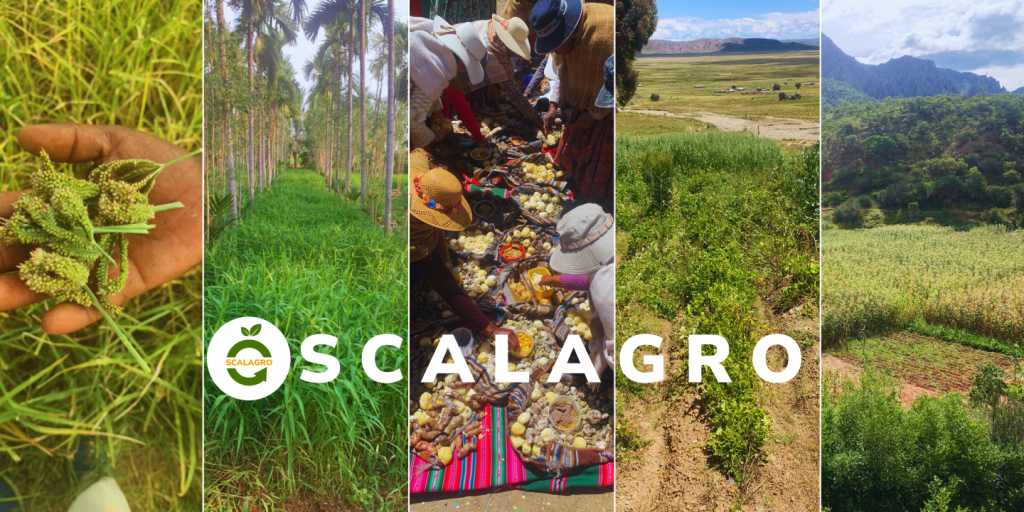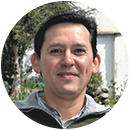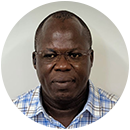
SUMMARY
Scaling Agroecology in India, Bolivia and Burkina Faso is an action research project designed to identify, test and evaluate support schemes needed to scale up farming practices based on the principles of agroecology. The aim of the project is to help improve food security and nutrition without compromising natural ecosystems.
Numerous individual and community initiatives, projects and some examples of public policy, such as in India, show that agroecology is a viable alternative to conventional agricultural production systems. Given its many productive, economic, social and environmental benefits, the question arises as to why agroecology is not more widely practised, and how can it be spread to more producers and on more land?
Experience shows that the expansion of agroecology requires external support. This support can take the form of learning-sharing activities, the provision and/or subsidy of agroecological inputs, organisational support for processing and marketing players, consumer awareness-raising and food product certification.
We postulate that the expansion of agroecology requires the involvement not only of producers but also of policy-makers and technical agents, traders, processors and other value chain intermediaries, and consumers. The project therefore aims to support all the players in the food system in a process of change that will result in :
- Support schemes for agroecology from local authorities (extension services, for example)
- An increased number of producers practising agroecology, over larger areas;
- Increased development and marketing of agroecological agricultural products;
- Increased demand and consumption of agroecological products.
The project is organised in three phases: (1) identification of stakeholders' needs and demands for support and selection of support systems; (2) testing of the support systems; (3) evaluation of the results, i.e. the extent to which the support systems contribute to the necessary changes mentioned above.
The project is being implemented in regions where the Indian, Bolivian and Burkina Faso partners, applied research institutes and development practitioners, are already working with producers, community organisations and local authorities. This experience and expertise is conducive to the most participatory approach possible, involving all the stakeholders in the research and diagnostic activities, the design and testing, and the evaluation of the support systems.










































